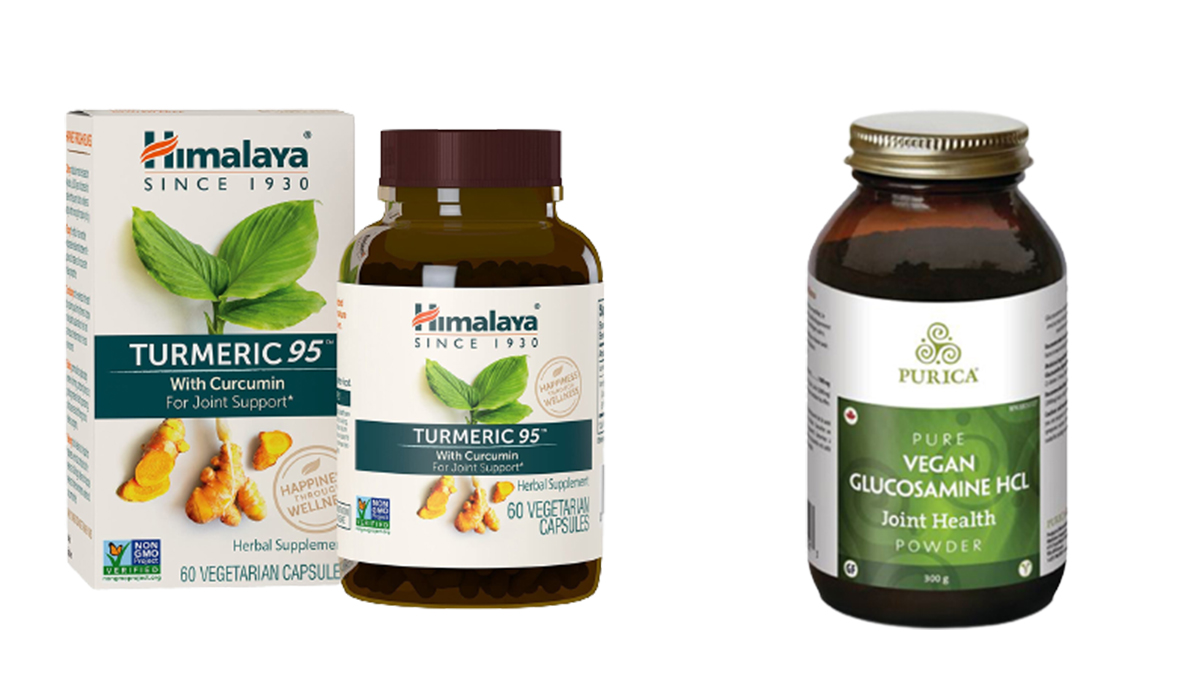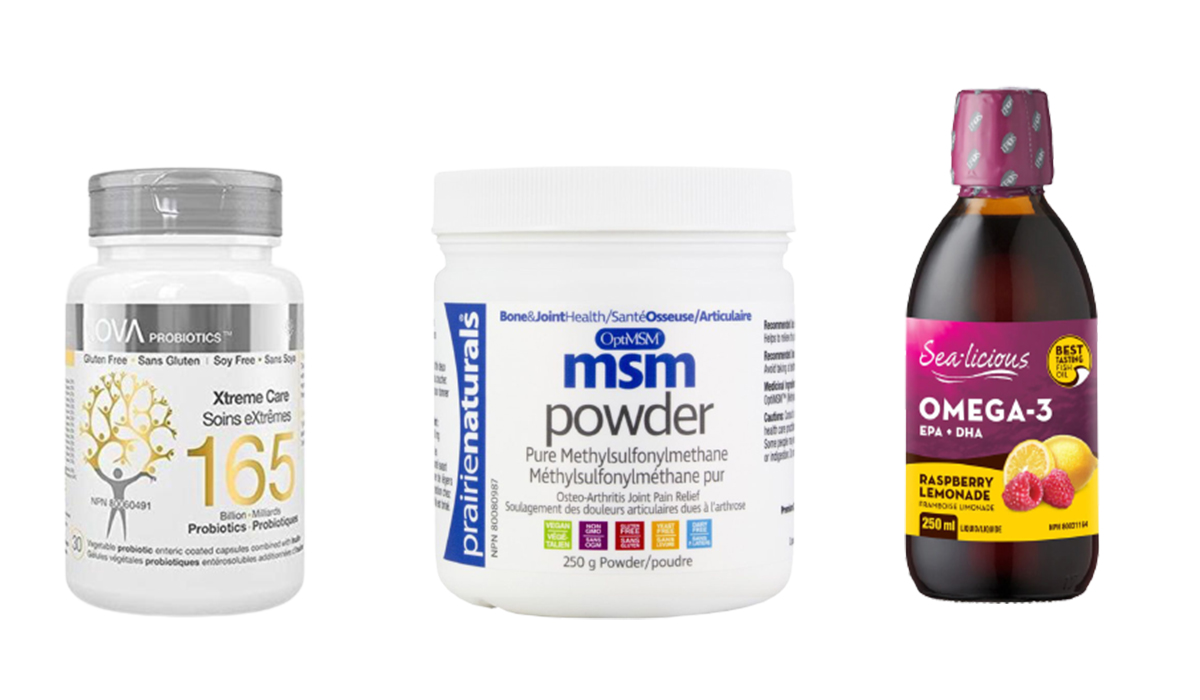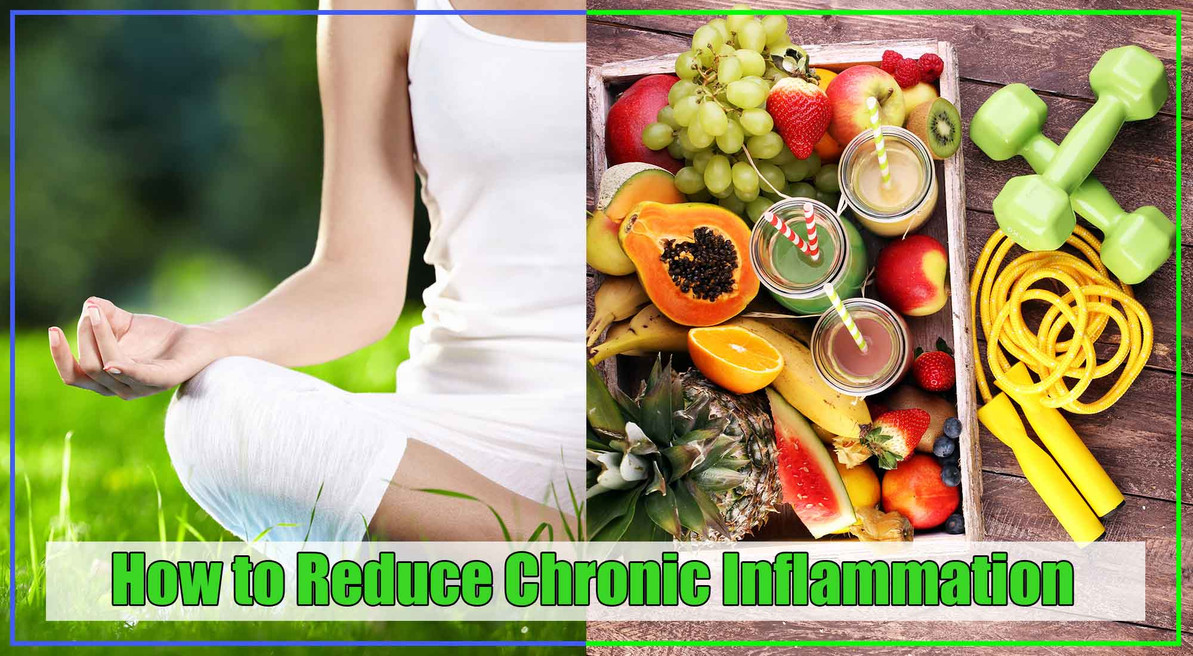How to Reduce Chronic Inflammation
In our last article ( https://www.optimizenutrition.ca/blog/are-you-suf... ), we discussed the causes and symptoms of chronic inflammation as well as the long-term risks associated with it. Now that we have covered the basics, I will explain what an anti-inflammatory diet looks like, as well as specific supplements based on the type of inflammation occurring.
What is an Anti-Inflammatory Diet?
You can take all the supplements you want, but if you are consistently eating foods that cause an inflammatory response in your body you will make little progress. Following an anti-inflammatory diet is more of a lifestyle change rather than a formal diet and is simply based on consuming foods that have proven anti-inflammatory properties and avoiding or eliminating foods that cause inflammation. Some foods may cause inflammation, however only in some people or when over-consumed. Some individuals may react to foods that others do not. It is crucial to pay attention and assess how your body feels after eating, and it may be a good idea to keep a food journal as symptoms do not necessarily happen immediately. You may find you can tolerate certain foods in moderation, but if you experience an increase in symptoms or are not feeling any better than it may be best to eliminate it all together.
Inflammatory Foods that Should be Eliminated or Avoided
- Added refined sugars and high fructose corn syrup
- Artificial Trans-fats, also called Partially Hydrogenated Oils
- Oils high in omega 6 such as: Corn, sunflower, canola, soybean, cottonseed, peanut.
- Refined carbohydrates and grains
- Processed and commercially raised meats
- Pesticides and other chemical additives
- Alcohol
- Night shades: Tomatoes, peppers (bell, sweet, jalapeno, chilis), white potatoes, eggplant, paprika)
- Gluten (Mainly for those with known allergy/sensitivity)
- Dairy (Organic, unpasteurized, grass-fed is fine, unless allergy is present)

Anti-inflammatory Foods to Include in your Diet
Vegetables: Dark leafy greens, cruciferous veggies (broccoli, cauliflower, brussel sprouts etc), beets, sweet potatoes, asparagus, mushrooms, artichokes, celery, carrots, squashes, onions…and many more! Vegetables in general will provide anti-oxidants and flavonoids that will help fight inflammation.
Fruits: Berries, cherries, pomegranate, apples, citrus, pineapple etc. All fruits are high in anti-inflammatory properties and should be part of a healthy diet. Of course, some fruits are higher in sugar content and should not be over-consumed.
Proteins: Organic grass-fed meats, Fish (especially salmon, herring, mackerel, sardines), fermented tempeh, beans and legumes, eggs
Healthy Fats: Olive oil, avocado, hemp, chia and flax seeds, almonds, cashews, brazil nuts, walnuts(raw nuts are best), grass-fed butter, coconut oil, ghee
Whole Grains: Quinoa, oats, brown and wild rice, spelt, amaranth etc
Spices and Herbs: Ginger, garlic, turmeric, parsley, cilantro, basil, cinnamon, thyme, fennel, sage
Others: Spirulina, chlorella, sea-weed, wakame, fermented foods, herbal teas (especially green), apple cider vinegar, veggie or bone broths
**Cooking methods are an often over-looked factor. When food is cooked on high or grilled, AGEs (advanced glycation end products) are produced. High levels of this will result in an inflammatory response, and therefore the best cooking method is ‘low and slow’, and if you are grilling, be sure to marinate as liquid helps prevent this.

Supplements
Turmeric (curcumin): Curcumin is the active ingredient in turmeric that has powerful anti-inflammatory properties. You can get the benefits by incorporating it in your diet or by taking a supplement. If you are using it in a recipe, be sure to add black pepper (piperine) to increase the absorbency. https://www.optimizenutrition.ca/vitamins-health-...
Glucosamine: Glucosamine is one of the most commonly used supplements for joint pain. Studies indicate that glucosamine has unique anti-inflammatory effects that are comparative to many non-steroidal drugs. It also may protect joint tissue by preventing the breakdown of cartilage. https://www.optimizenutrition.ca/sports-fitness/p...
Omega 3’s: Omega 3’s are essential fatty acids that have a variety of benefits, including reducing inflammation, especially in the brain. Sources can be found in fish, eggs, and some plant foods. However, omega 6 is prevalent in many foods which often leads to an imbalance, leading to more inflammation. Therefore, it is a good idea to take a fish oil supplement. https://www.optimizenutrition.ca/vitamins-health/...
MSM( methylsulfonylmethane): MSM is a chemical found naturally in plants and animals. It is a potent anti-inflammatory commonly used to treat osteoarthritis, rheumatoid arthritis, tendonitis, as well as gastro-intestinal inflammation. It is often combined in supplements with Glucosamine and other anti-inflammatories. https://www.optimizenutrition.ca/prairie-naturals...
Probiotics: The gut is a common source of inflammation and is where the highest density of immune cells reside. Probiotics have shown to improve the health of the gut, and therefore strengthen the immune system and reduce inflammation throughout the body as well as in the gastro-intestinal system. https://www.optimizenutrition.ca/vitamins-health-...
Written by Hayley Dickenson, Registered Holistic Nutritionist
Recent Posts
-
B Vitamins Explained
In the realm of vitamins and nutrients, the B vitamins stand out as essential players in maintaining …Apr 20, 2024 -
Exploring Coffee Alternatives: Discovering Delicious Substitutes for Your Morning Brew
For many of us, coffee is more than just a beverage; it's a ritual, a pick-me-up, and an essential p …Apr 13, 2024 -
What is Candida Albicans?
Candida albicans is a yeast that lives all over our body, naturally, and usually does not cause a re …Mar 29, 2024




